You will learn:
Course time:
Accreditation:
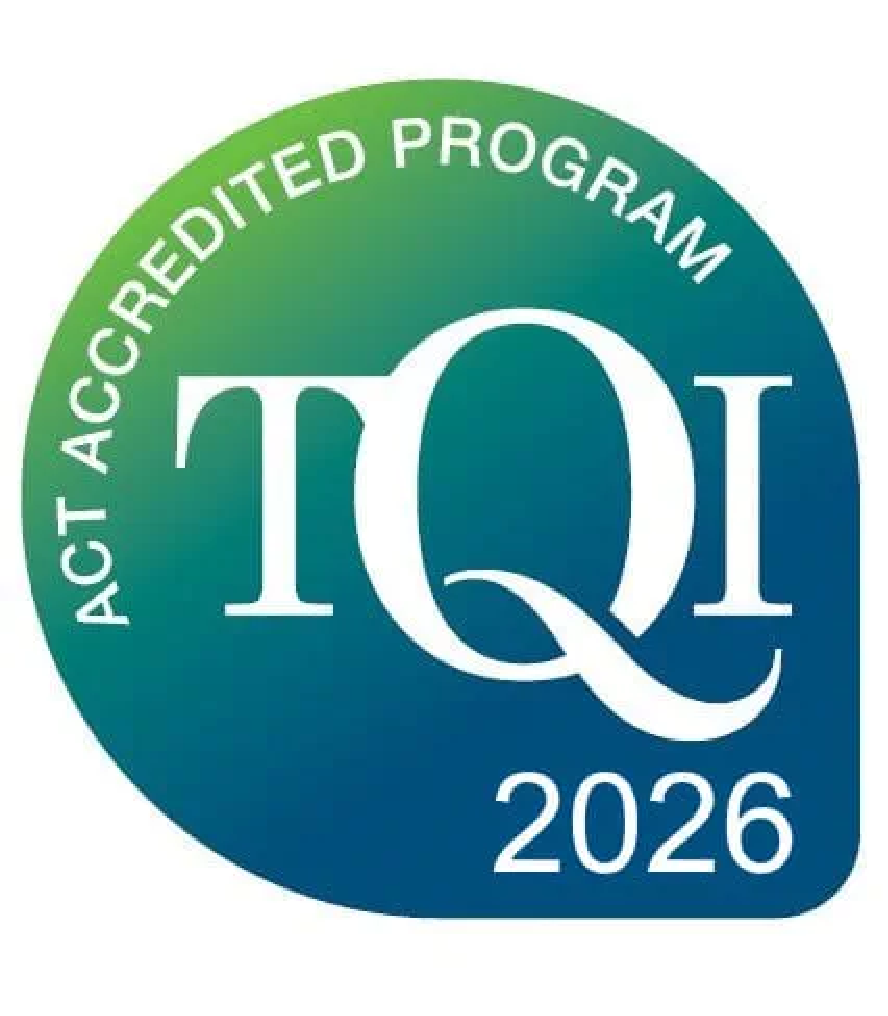
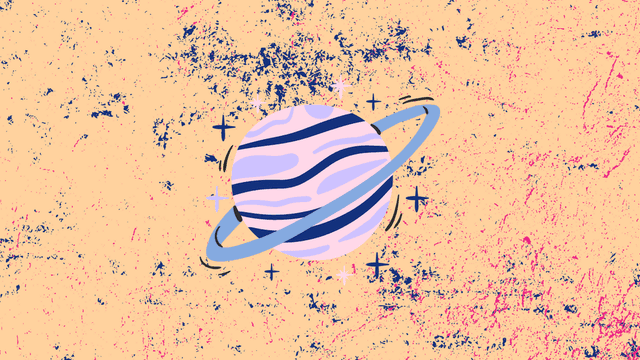

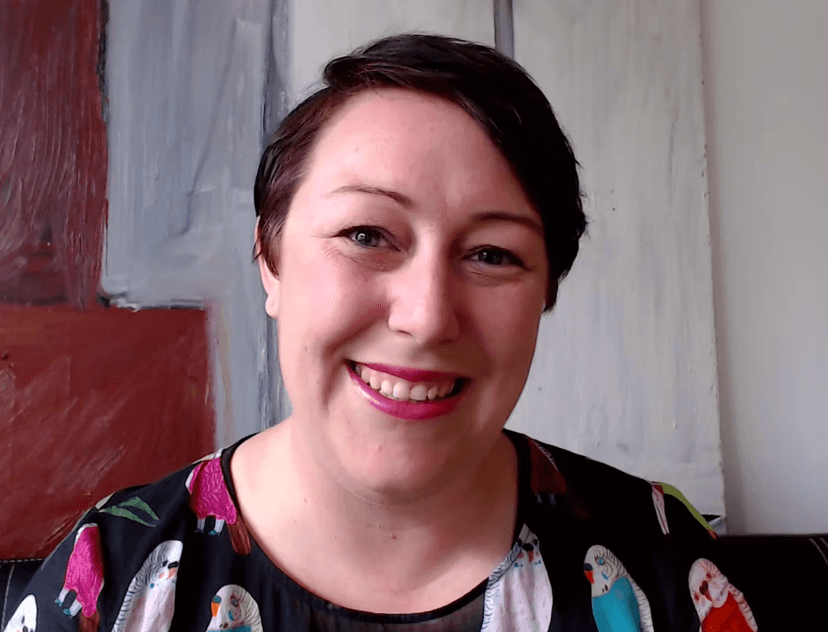
Introduction
Set some learning goals

What science means to me
Science literacy in Australia
Evolving science education
Science in the curriculum
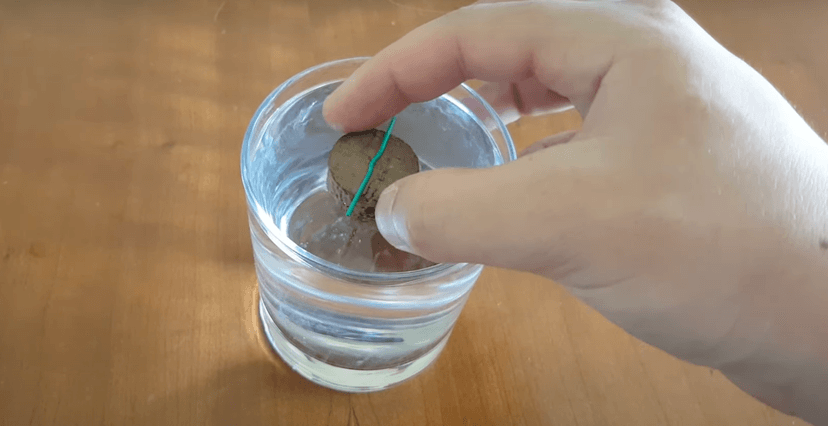
About the experiments
Tornado in a jar
Tornado in a jar - explanation
Being a science role model
How do seeds grow?
How do seeds grow? - explanation
Staying afloat
Staying afloat - explanation
Make a compass
Make a compass - explanation
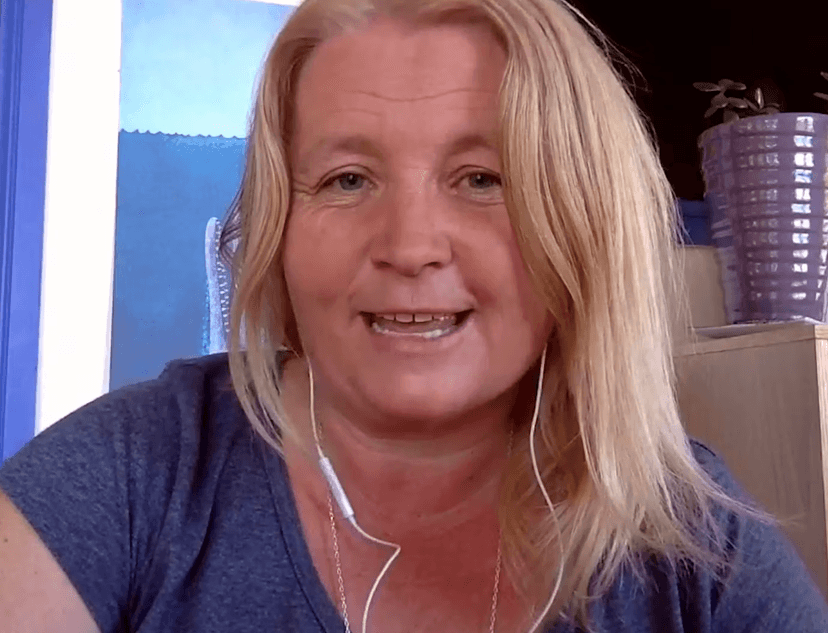
Teaching tips
Cool lesson plans
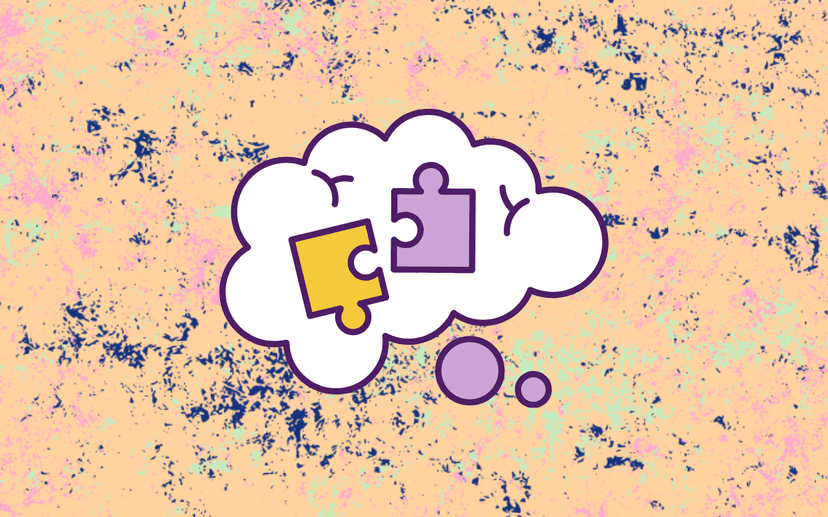
Reflection
Taxonomy of learning
Suggestions for collaboration
Congratulations
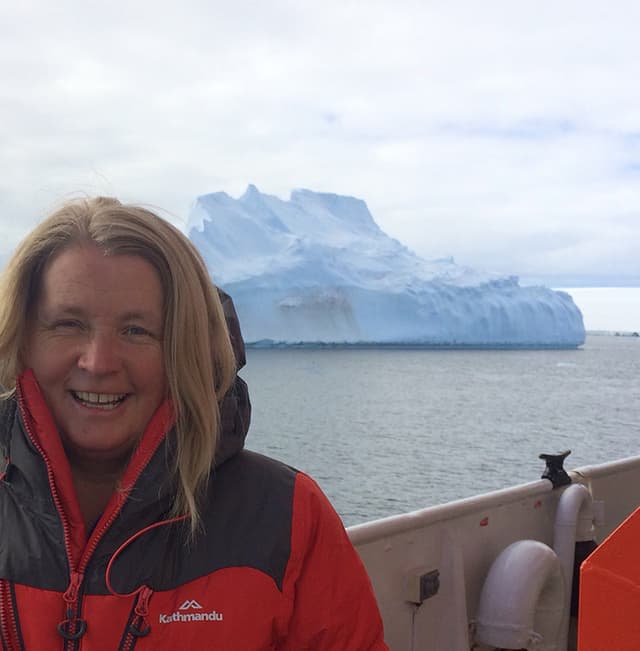
Tracey Gray helped write this course. Tracey is an Aquatic Scientist and an experienced science classroom teacher. She is passionate about creating innovative programs that integrate STEM and STEAM techniques. Tracey is a WISE-STEM changemaker leader and participated in the 1st Homeward Bound global STEM female scientist leadership expedition to Antarctica in 2016.

Mark Drummond from Cool Australia is your course teacher. He has worked in the education sector for over 11 years as a classroom teacher, Leader of Pedagogy within an Ed-Tech start-up and as an educational consultant. Mark is an absolute science nerd and loves talking about dinosaurs as much as he loves talking about education (which is a lot)!